The United Kingdom (UK) is a country located off the northwestern coast of mainland Europe. It comprises four constituent countries: England, Scotland, Wales, and Northern Ireland. The UK has a rich history and has played a significant role in global politics, economics, and culture.
Geography
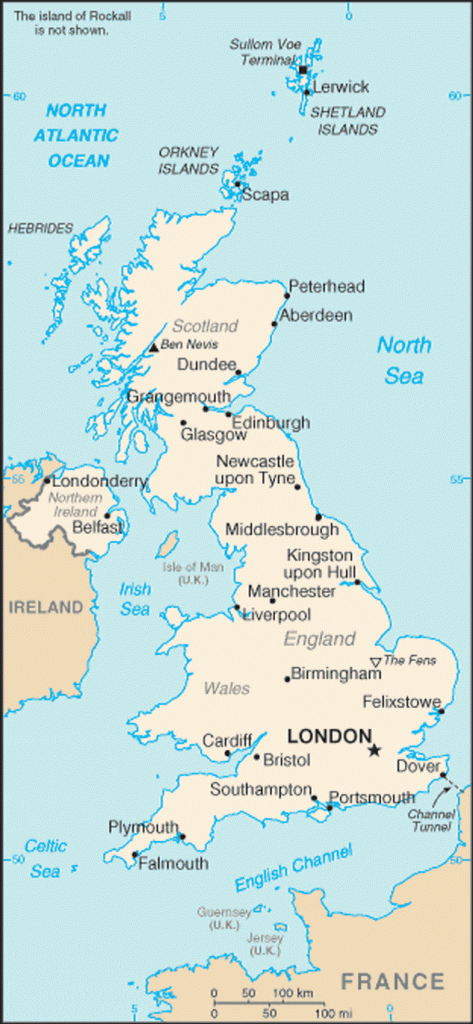
- Location: Northwestern Europe, on the British Isles, including the island of Great Britain, the northeastern part of the island of Ireland, and many smaller islands.
- Coordinates: Approximately 54.0000° N, 2.0000° W
- Area: Approximately 243,610 square kilometers.
- Borders:
- Northern Ireland shares a 499-kilometer border with the Republic of Ireland.
- The rest of the UK is surrounded by the Atlantic Ocean, the North Sea, the English Channel, and the Irish Sea.
- Climate:
- Temperate maritime; generally mild and wet with frequent changes in weather.
- Topography:
- Mostly rolling plains and low mountains, with upland regions in Scotland, Northern Ireland, and parts of England and Wales.
- Elevation:
- The highest point is Ben Nevis in Scotland, with an elevation of 1,345 meters.
- Natural Resources:
- Includes coal, petroleum, natural gas, tin, limestone, iron ore, salt, clay, chalk, gypsum, lead, silica, and arable land.
- Land Use:
- Approximately 25% arable land, 50% permanent pastures, 10% forests, 15% other uses.
- Population Distribution:
- The population is concentrated in urban areas, particularly in the southeast of England, including London, and in major cities like Manchester, Birmingham, Glasgow, and Edinburgh.
Population and Society
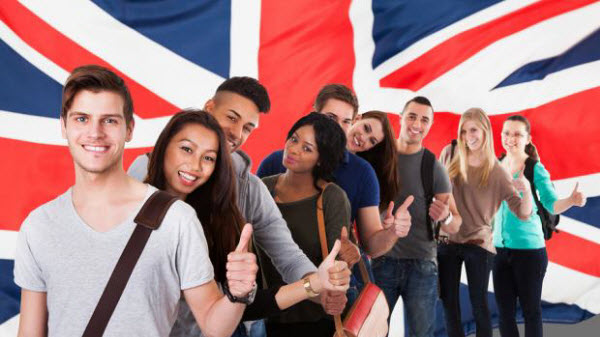
- Population: Approximately 67 million (2024 estimate).
- Ethnic Groups:
- Predominantly White British (about 82%), with significant minorities including Black British, Asian British (Indian, Pakistani, Bangladeshi), and mixed ethnicity.
- Languages:
- The official language is English. Other recognized languages include Welsh, Scots Gaelic, and Irish.
- Religions:
- Predominantly Christian (mainly Anglican, Roman Catholic, and Protestant), with minorities of Muslim, Hindu, Sikh, Jewish, and others.
- Age Structure:
- A balanced age structure with a growing elderly population due to low birth rates and increased life expectancy.
- Population Growth Rate:
- Approximately 0.5% per year.
Country
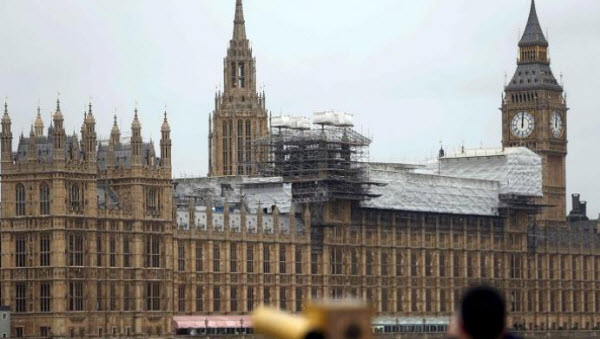
- Country Name: United Kingdom of Great Britain and Northern Ireland
- Common Name: United Kingdom (UK)
- Name Reason: Named for the union of the four constituent countries (England, Scotland, Wales, and Northern Ireland).
- Government Type: Unitary parliamentary constitutional monarchy.
- Capital: London
- Capital Name Reason: London has been the capital since the Roman era and is the political, economic, and cultural center of the UK.
- Local Time: Greenwich Mean Time (GMT) (UTC+0) in winter, British Summer Time (BST) (UTC+1) in summer.
- Daylight Saving Time: Observed from the last Sunday in March to the last Sunday in October.
- Administrative Divisions: 4 countries (England, Scotland, Wales, Northern Ireland) and several counties, boroughs, and districts.
- Dependent Areas: Includes 14 British Overseas Territories like Gibraltar, the Falkland Islands, and Bermuda.
- Independence: The UK is a sovereign state formed over centuries through the union of England, Scotland, Wales, and Ireland (later Northern Ireland).
- Citizenship Acquisition: By birth, descent, or naturalization.
- Legal System: Common law system, with separate legal systems for England and Wales, Scotland, and Northern Ireland.
- Executive Branch: The monarch is the head of state, and the Prime Minister is the head of government.
- Legislative Branch: Bicameral Parliament, consisting of the House of Commons and the House of Lords.
- Judicial Branch: Includes the Supreme Court of the United Kingdom, Court of Appeal, and High Court.
- Political Parties: Major parties include the Conservative Party, Labour Party, Liberal Democrats, Scottish National Party (SNP), and others.
- Flag Description: Known as the Union Jack, it combines elements of three older national flags: the red cross of St. George for England, the white saltire of St. Andrew for Scotland, and the red saltire of St. Patrick to represent Ireland.
- Country Code: GBR
Economy
- GDP: Approximately $3.2 trillion USD.
- Agricultural and Animal Products: Cereals, oilseeds, potatoes, vegetables, sheep, poultry, and dairy products.
- Industries: Includes finance, manufacturing, pharmaceuticals, automotive, aerospace, and information technology.
- Budget: Balanced with occasional deficits or surpluses.
- Exports: Machinery, vehicles, pharmaceuticals, fuels, and chemicals.
- Imports: Machinery, vehicles, foodstuffs, and fuels.
- Foreign Reserves: Approximately $130 billion USD.
- External Debt: Approximately $2.3 trillion USD.
- Local Currency: Pound Sterling (GBP).
Communications
- Landlines: Approximately 23 million lines.
- Mobile Lines: Approximately 95 million lines.
- Country Code: +44
- Broadcast Media: Includes national and regional television and radio stations, both public and private.
- Internet Code: .uk
- Internet Users: Approximately 65 million people.
Transport
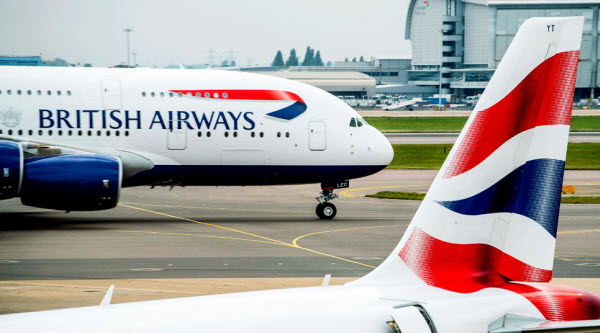
- National Air Transport System: Extensive network with multiple international airports.
- Airports: Over 460 airports.
- Heliports: Numerous, primarily in urban and offshore areas.
- Pipelines: Extensive network for oil, gas, and chemicals.
- Railways: Extensive network of over 16,000 kilometers.
- Road Network: Includes motorways and major roads totaling around 394,000 kilometers.
- Ports: Major ports include London, Southampton, Liverpool, and Felixstowe.
Military
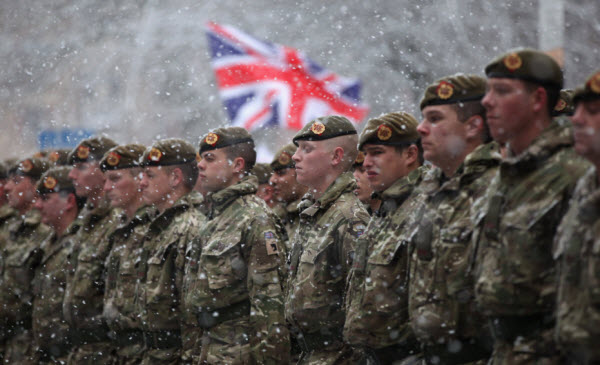
- Military Composition: Includes the British Army, Royal Navy, Royal Air Force, and Royal Marines.
- Military Expenditure: Approximately $60 billion USD annually.
- Military and Security Personnel: Approximately 150,000 active personnel.
- Military Equipment: Includes advanced aircraft, ships, submarines, and armored vehicles.
- Military Service Age: From 16 years old with parental consent, 18 years old for full service.
